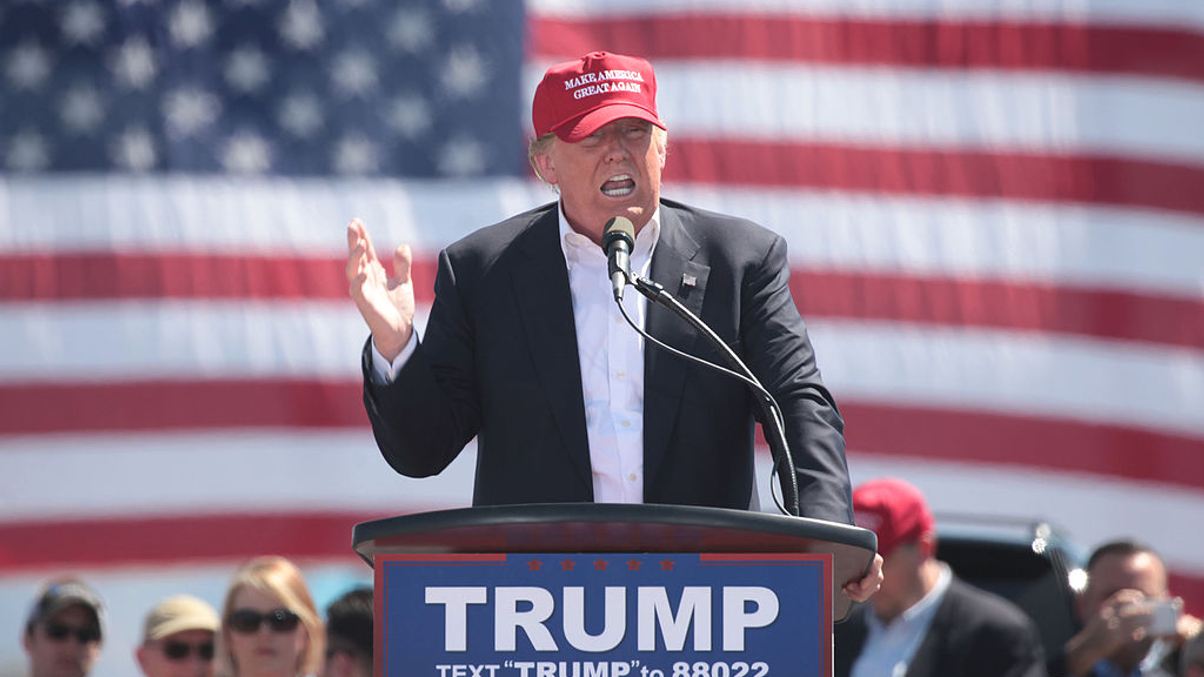Private bankers favour alts following Trump victory
Wealth managers said alternatives assets offered investment and hedging opportunities following Donald Trump's surprise election success, but further protest votes could emerge in Europe.

Alternative asset classes are likely to emerge as favoured investment destinations with high net worth individuals in the uncertain months following Donald Trump's victory in the US presidential election, according to several wealth managers.
Sign in to read on!
Registered users get 2 free articles in 30 days.
Subscribers have full unlimited access to AsianInvestor
Not signed up? New users get 2 free articles per month, plus a 7-day unlimited free trial.
¬ Haymarket Media Limited. All rights reserved.


